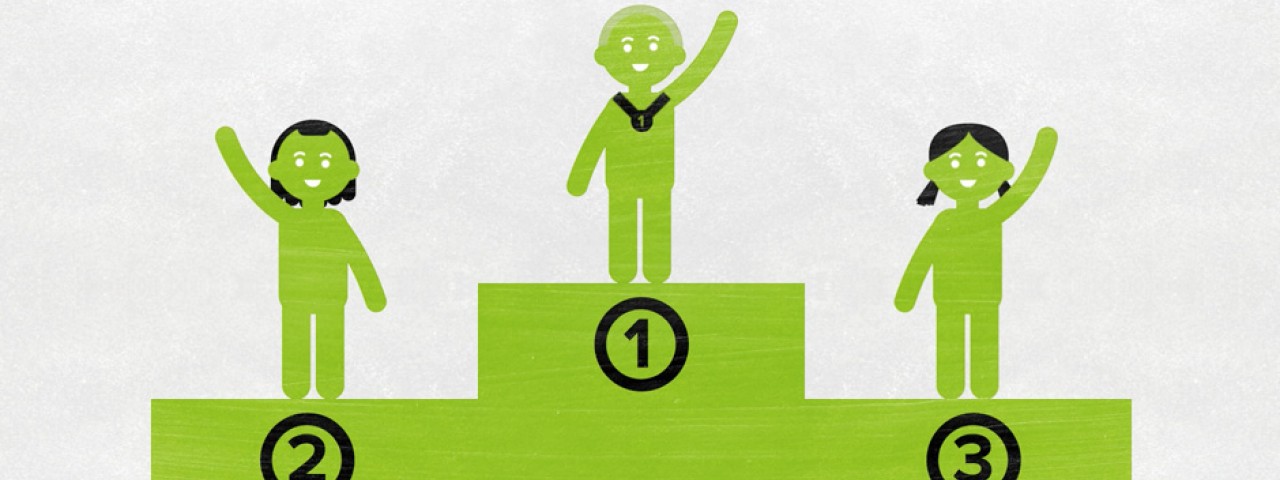Small Policies Bring Large Improvements
- Tweet

Baby Small reminds us that what happens in early childhood shapes an individual's later development. When children grow up knowing that they are in safe and loved, for example, they learn important skills that will help them in school: how to listen when adults are giving directions, and how to play together with classmates.1 These social, emotional and cognitive skills begin to develop in the first months and years of life and support a child's success in school and later in life.2
Unfortunately, Too many children in Memphis start life at a disadvantage. Half of the children in our community are born to families living in poverty. Many of these children will grow up without the financial, educational, and social capital resources that are available to middle income children. When they arrive at kindergarten, children from poverty are at a disadvantage in terms of language. As they grow, kindergarten readiness gaps grow wider, and many children never "catch up" to their better-prepared peers. As a result, children born in poverty are significantly more likely to fail a grade, have difficulty reading, drop out of school, become a teen parent, have difficulty finding a living wage job, and turn to crime. Reaching adulthood without academic preparation or skills, and without proper social and emotional development means that these children are unprepared to join the workforce, own homes or provide for their own families.3
At the same time, the decisions we make when it comes to early childhood development can make a large difference on a child's outcomes. Simple activities like cuddling, talking, explaining, reading, and playing games with a child help to strengthen the foundation for their intellectual, social and emotional development.
Even greater differences become possible if we make the decision to work together as a community. High-quality pre-kindergarten, for example, can make a world of difference in the life of a child. Pre-K provides a child with developmentally appropriate experiences, along with positive feedback and helps to build their excitement about learning. Children who benefit from pre-kindergarten are less likely to become teen parents, more likely to graduate high school and go on to attend college, and to be healthy, productive adults. Studies conclude that early-childhood development programs that focus on at-risk families are cost-effective policies.4
Putting together what we now know about early childhood development, Memphis and Shelby County have the chance to create the future we would choose for all our citizens by taking small steps today.
References:McLearn, K. T., Knitzer, J. & Carter, A. S. (2003). Mental health: A neglected partner in the healthy development of children. Paper presented at conference for Child Development and Social Policy: Knowledge for Action.
National Scientific Council on the Developing Child. (2007). The timing and quality of early experiences combine to shape brain architecture: Working paper #5.
Breland, F. W., Devlin, K., & Imig, D. (2009). Early Childhood Comprehensive Systems. Memphis, TN: Center for Urban Child Policy at the Urban Child Institute.
Council on Economic Development. 2006. The Economic Promise of Investing in High-Quality Preschool. New York, NY.
